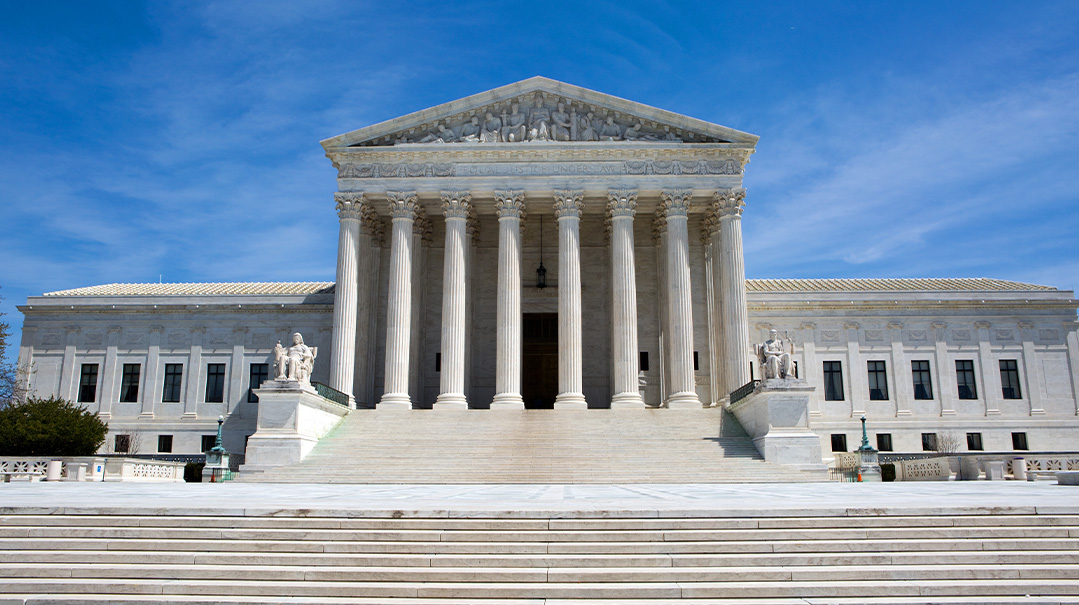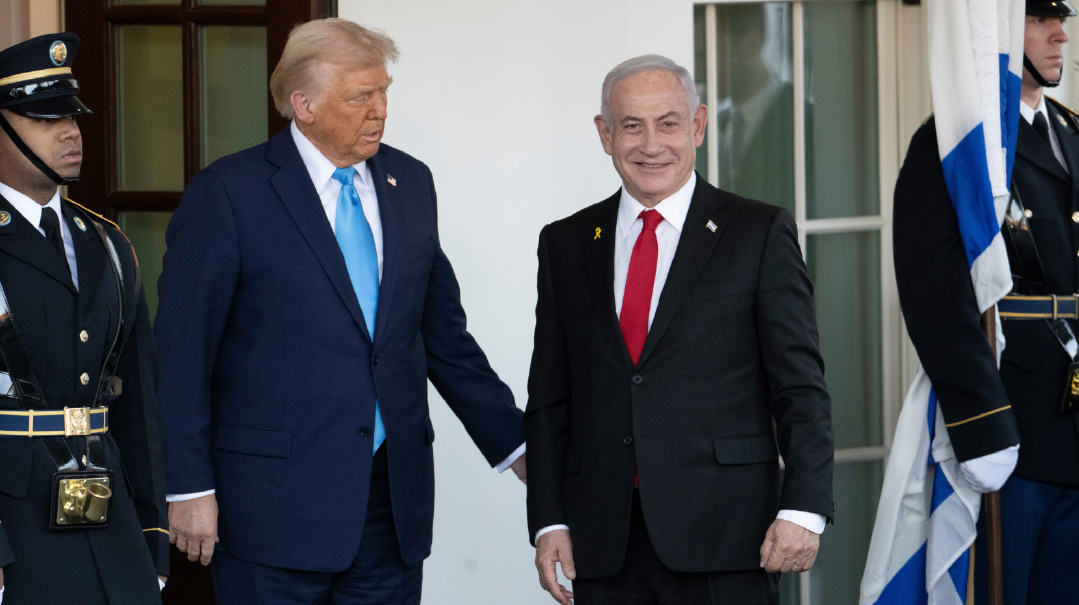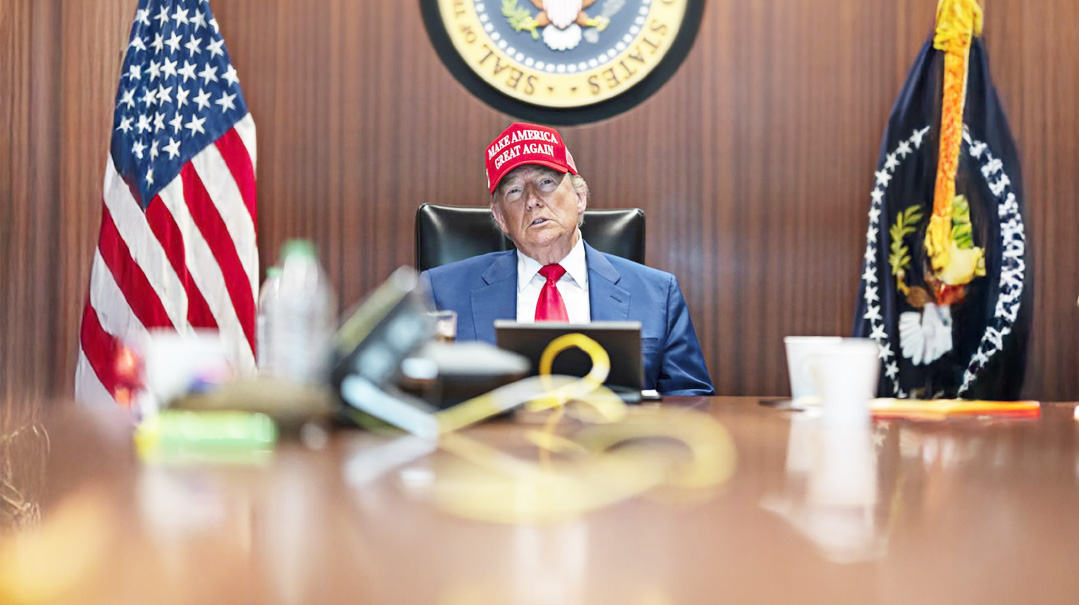Unpopular and Unelected

Will one Congress or another one day decide to exert some more control over the US Supreme Court?

The following debate is playing out in a Western democracy.
The nation’s Supreme Court is accused of judicial overreach, for exercising complete control over the cases it chooses to hear and which issues it’s going to decide within those cases.
The nation’s legislative branch tries to assert some authority over the court, only to be told that the justices are independent and don’t have to answer to the legislature.
Prominent legal minds suggest that the legislature remedy this by asserting its constitutional prerogatives over the court.
Of course, we’re talking about Israel, correct?
No. This is happening in the United States.
Over the weekend, CNN posted an interview with Stephen Vladeck, a law professor at the University of Texas that first appeared in CNN’s What Matters newsletter.
Vladeck contends that the US Supreme Court, as an institution, has no effective oversight, and wields the unchecked power to “make consequential decisions that affect every American without so much as a written decision.”
University of Chicago law professor William Baude first coined the term “shadow docket” in a 2015 academic paper, referring to a range of court orders and decisions that come down as unexplained and unsigned rulings. Shadow docket decisions are normally issued at 9:30 a.m., about a half hour before the court convenes to hear oral arguments on new cases or release their long-awaited rulings on the highly publicized cases that touch on constitutional issues.
Sometimes, these shadow docket rulings deal with real-time matters of life and death, such as requests to delay a scheduled execution, but many of them have a bearing on elections. Baude singled out a 2013 decision, in which the Supreme Court ruled 5-4 in ordering Ohio to reduce the number of days available for early voting.
Vladeck contends that similar shadow docket decisions in the past year either invalidated or influenced Congressional redistricting maps in three states. He raises the possibility that had the Supreme Court not intervened in the maps, Democrats might have retained control of the House in the 2022 midterms.
While some Democrats have suggested “packing” the court by adding to the nine sitting justices to water down the court’s current conservative majority, Vladeck wouldn’t go that far.
But he does suggest that Congress assert itself, exercising more control over the court’s docket, and use its power of the purse as a cudgel, if necessary. He also criticized Congress for letting Chief Justice John Roberts off the hook last month when he cited “separation of power” concerns for his refusal to testify at Senate Judiciary Committee hearings on Supreme Court ethics. The committee called the hearings after stories surfaced surrounding some of Justice Clarence Thomas’s business dealings and vacations he took on the tab of a top Republican political donor.
It might be a rare occurrence, but Supreme Court justices have appeared before the Judiciary Committee, as recently as 2011, when Stephen Breyer and Antonin Scalia testified on the proper roles that judges should play in American democracy.
Justice Breyer, a liberal justice appointed by Bill Clinton, raised the question, even if was rhetorical, as to why nine appointed judges should have the authority that they do. “We are not elected. We are supposed to decide things that are unpopular on some occasions, and you know what? Don’t tell anyone. We’re human beings and we may be wrong.”
Will this remain in the realm of academic debate, or will one Congress or another one day decide to exert some more control over the court?
If a liberal Congress does try to slam the brakes on a Supreme Court with a conservative majority, will America face the same turmoil as Israel did during its ongoing debate over judicial reforms? Will it be threatened with credit downgrades, general strikes, insubordination by the armed forces, and disinvestment? Or do such threats only surface when it’s a conservative government that challenges a liberal high court?
(Originally featured in Mishpacha, Issue 961)
Oops! We could not locate your form.







